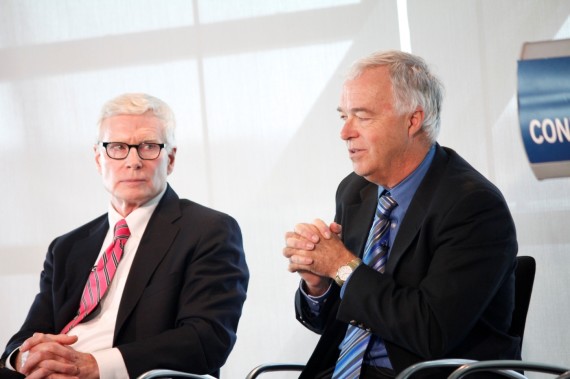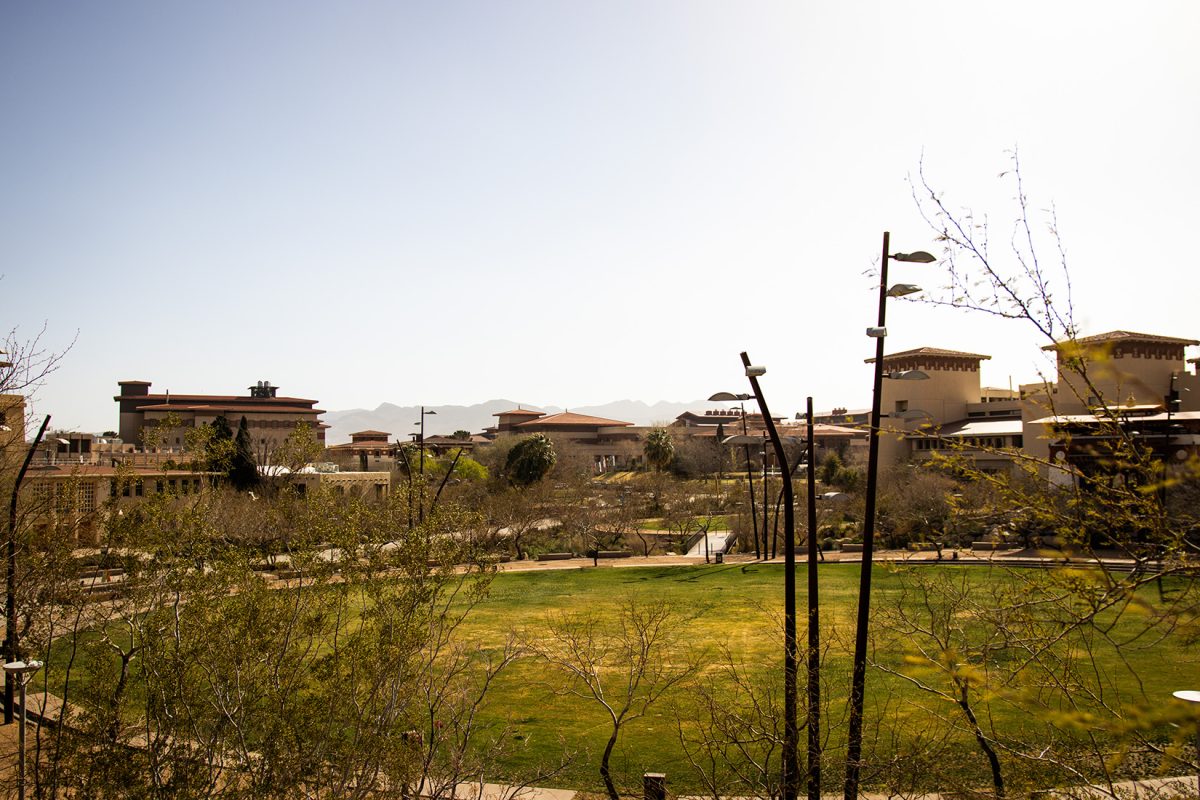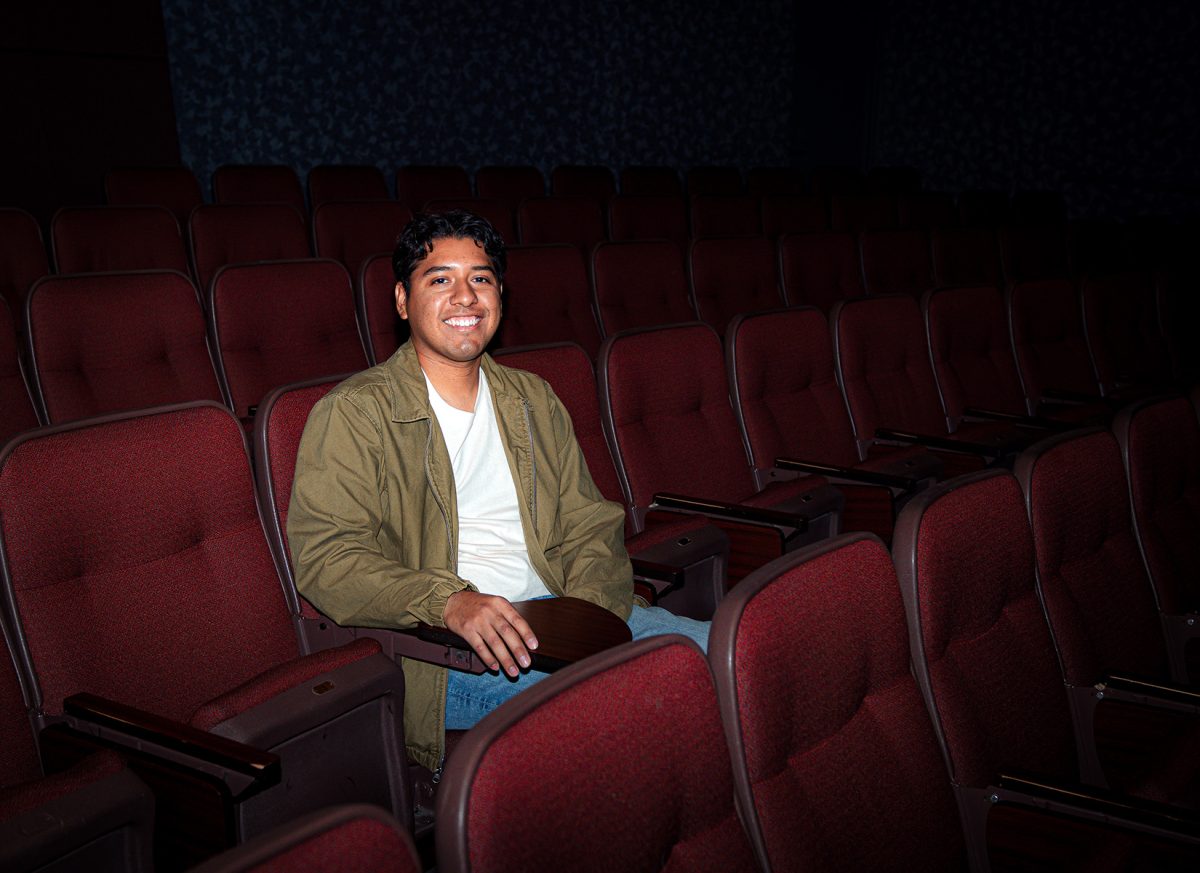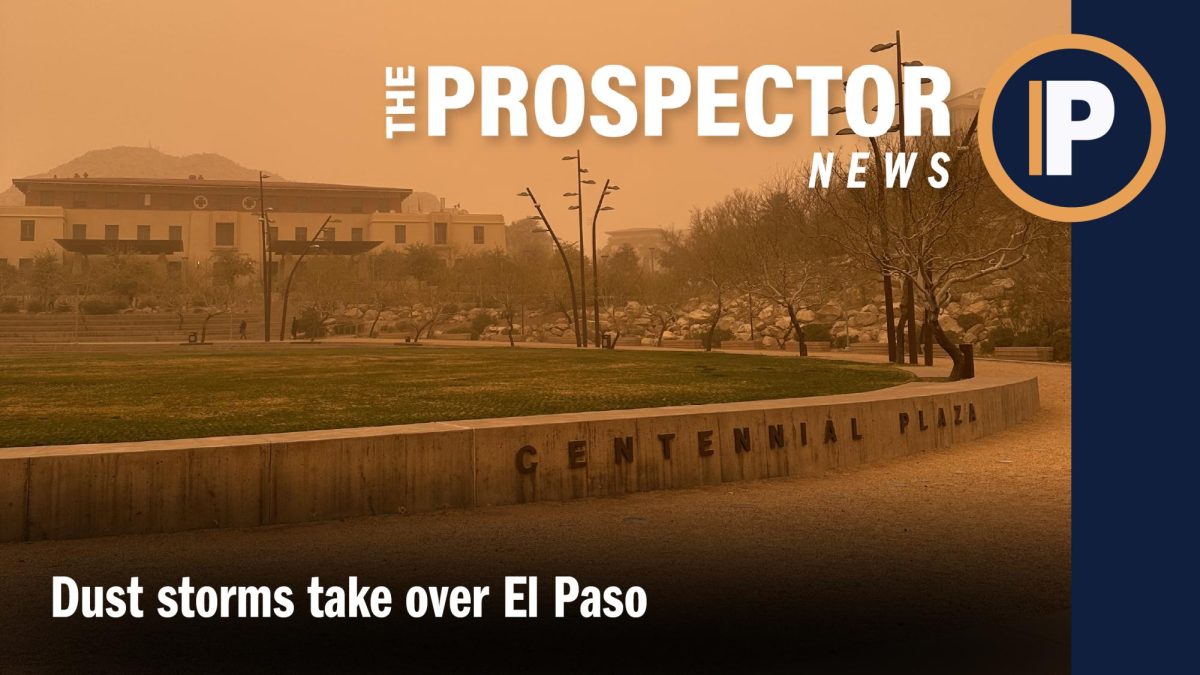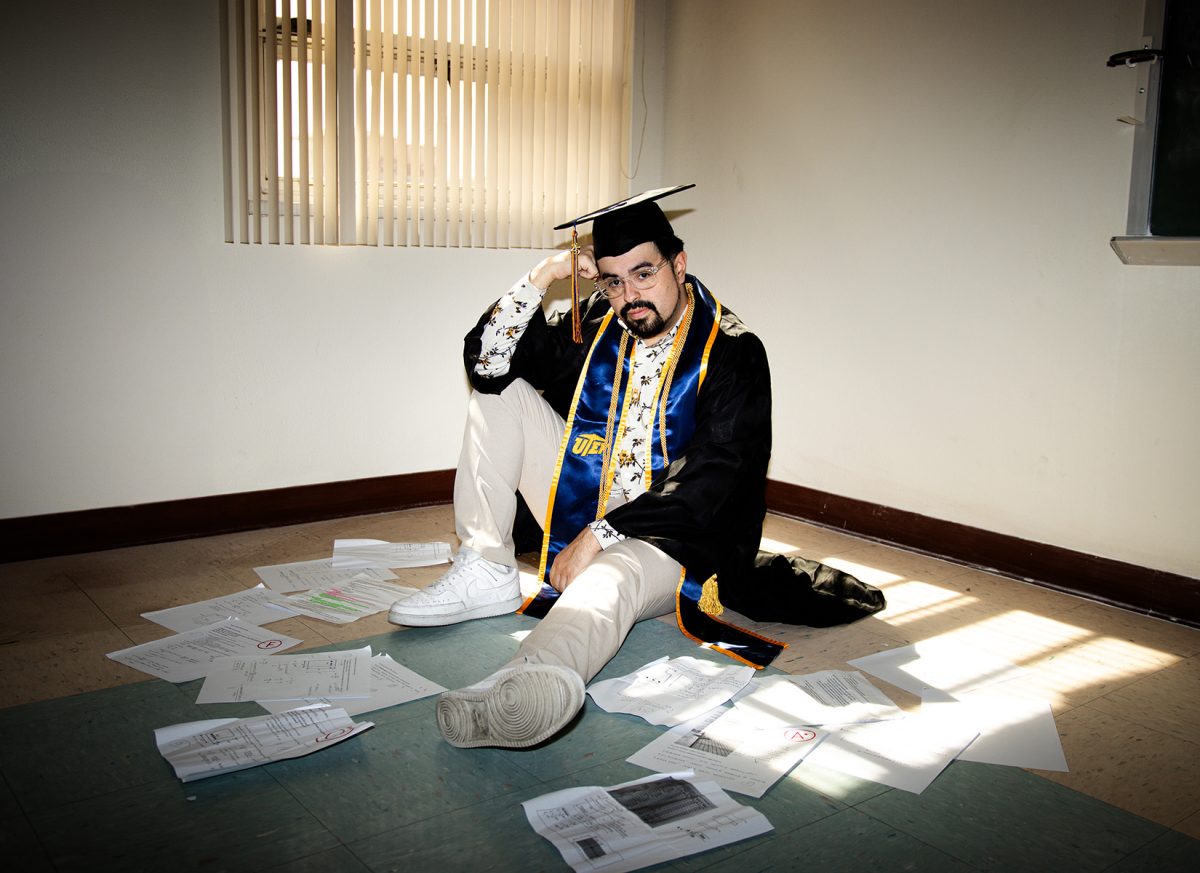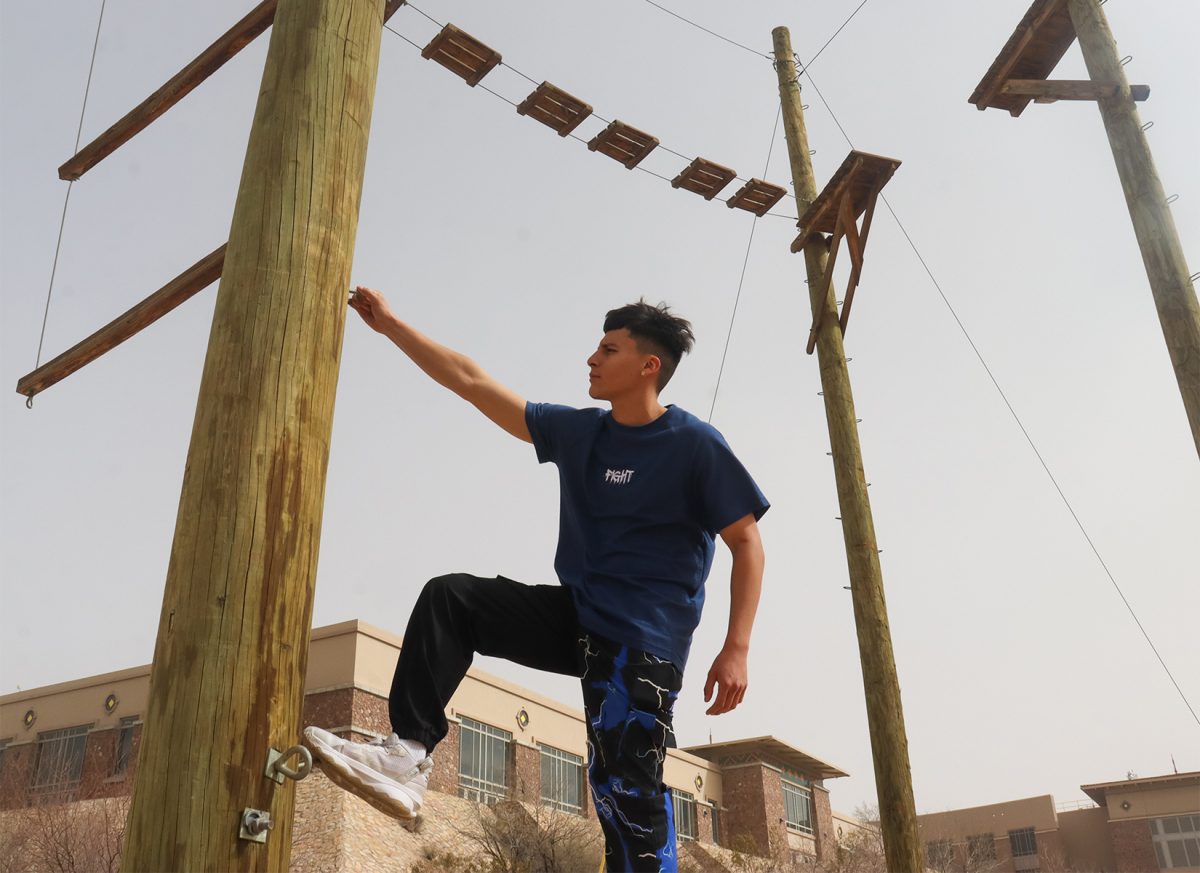WASHINGTON – Americans have failed their 2014 civics test: 29 percent of them can’t name any of the five freedoms guaranteed in the Constitution’s First Amendment.
The Newseum’s First Amendment Center surveyed 1,006 adults nationwide over the phone in May about their knowledge of the amendment and opinions on First Amendment issues. The center has conducted a similar survey every year since 1997.
Gene Policinski, the Newseum Institute’s chief operating officer, announced the survey results Tuesday during the Al Neuharth Free Spirit and Journalism conference. The survey has an error rate of plus or minus 3.2 percentage points.
“Being a citizen requires that you have an essential knowledge of how the government works and what these rights are, particularly the First Amendment, because it’s sort of the blue-collar freedom,” Policinski said. “It’s in play every day for most Americans.”
Despite the reach of the First Amendment, 38 percent of those surveyed said the freedoms it guarantees “go too far.” That result is a 4 percentage point increase from 2013.
Charles Haynes, director of the Newseum Institute’s Religious Freedom Center, said Americans often associate the First Amendment with aspects of culture they find offensive, such as hateful signs that are protected as free speech.
The root cause of the increase is difficult to pinpoint, First Amendment Center President Ken Paulson said.
“I understand the impulse when freedom allows others to do what we disagree with,” Paulson said.
“There’s a bit of a warning here that, once again, we might be willing as a society to give a sort of snap judgment to take away a lot of our liberties,” Policinski said. “I worry every time that happens. It’s a real roll of the dice as to whether we’re getting them all back, and certainly a lot of people suffer in the period between the suspension of those rights and the time when they’re fully restored.”
This year’s survey also addressed current events linked to the First Amendment. Poll respondents were split over whether the government should be able to require religious groups to provide health care to same-sex partners, with 54 percent agreeing. Meanwhile, 61 percent said they believe wedding businesses should have to serve same-sex couples, even if the owners object on religious grounds.
The most recognizable freedom – speech, which 68 percent of those surveyed could name – is becoming more synonymous with freedom of the press in an age of social media, Haynes said. Sixty-nine percent of Americans believe defamatory comments on sites such as Facebook and Twitter should have the same consequences as those that might appear in print or on TV. Freedom of the press is not just reserved for journalists, Policinski said, and Americans’ definition of a journalist is broadening as well.
“Because we can all talk to each other in a way that we used to do in a village, I coined the idea that we’ve gone from the ‘village green’ to the ‘village screen,’” Policinski said. “And, we’re really back to where the founders looked at the press and speech as this sort of interacting thing.”
Reach Reporter Kate Winkle at [email protected] or 202-326-9865.


